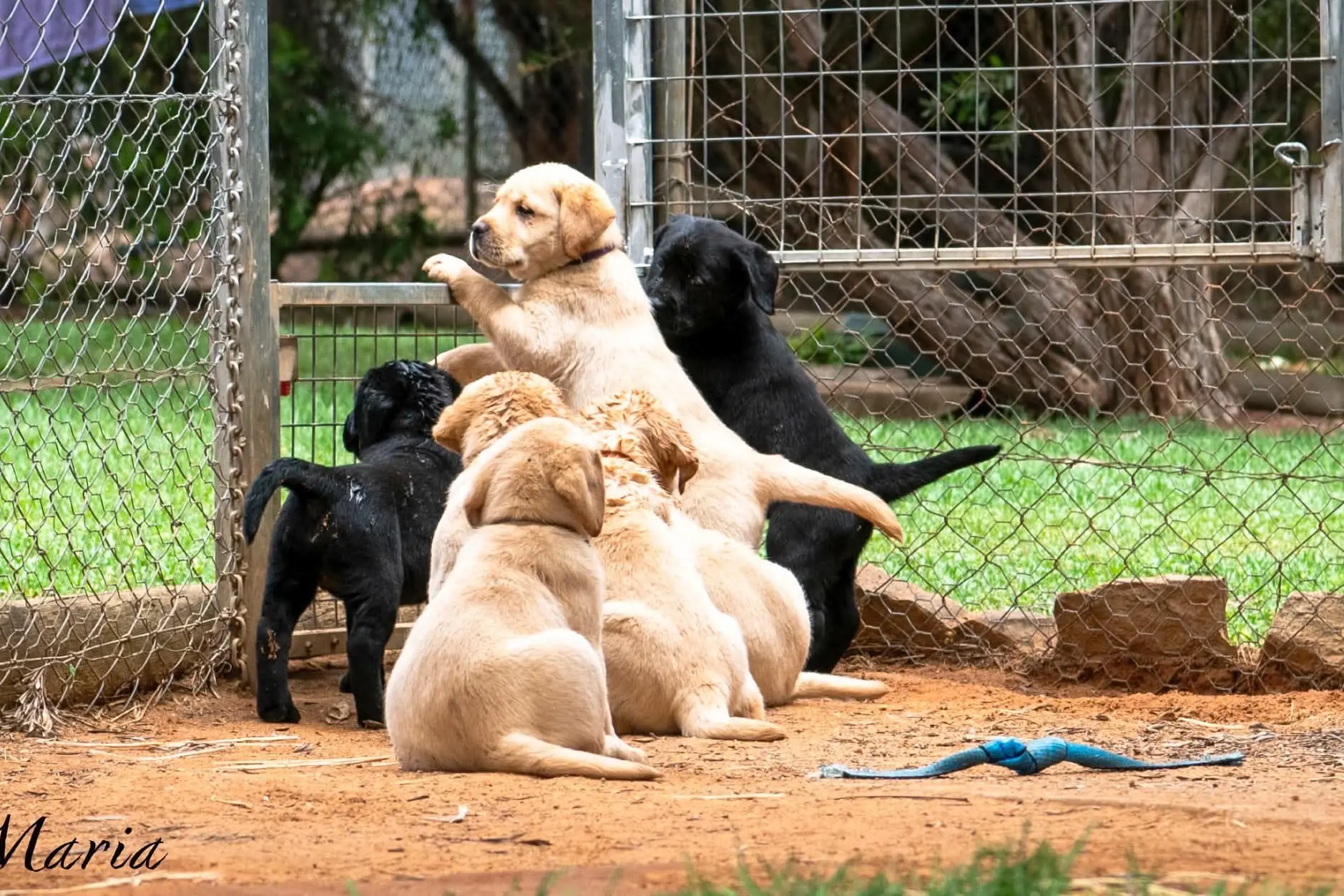PHOTO
A major overhaul of dog breeding laws in New South Wales will come into effect from 1 December 2025, introducing strict new requirements for breeders and heavy penalties for anyone who fails to comply.
The changes are aimed at improving animal welfare, shutting down puppy farming, and ensuring buyers can trace puppies back to ethical breeders.
Under the new rules, every person who breeds a dog must obtain a mandatory Breeder Identification Number, which is free to create through the NSW Pet Registry.
This number must be used when advertising or transferring any puppies born on or after that date.
Limited exemptions apply, such as for rehoming groups caring for surrendered pregnant dogs and farmers breeding working dogs that will stay on their property.
The new legislation sets clear rules around staffing, litter limits, and breeder responsibilities.
Breeders must have one staff member for every 20 dogs over 12 weeks of age, ensuring animals receive proper food, water, and care.
Litters under 12 weeks of age count as a single unit to recognise the role of the mother.
There are also new lifetime breeding limits for female dogs, allowing a maximum of five litters total or up to three caesarean litters with veterinary approval, whichever comes first.
Advertising rules will also tighten.
Breeders will no longer be able to use recognised association numbers as identification and all advertisements must include the dog’s microchip number and the breeder’s BIN.
By 1 December 2029, full compliance with the Animal Welfare Code of Practice. Breeding Dogs and Cats will become mandatory for every breeder, including accidental litters or those bred without commercial intent.
The penalties for breaking the new laws are significant, and the NSW Government says they are designed to discourage irresponsible breeding and stamp out illegal operators.
Penalties include:
Up to $11,000 and six months jail for breeding without a BIN.
Up to $16,500 and six months jail for advertising a dog without the required identification numbers.
Up to $110,000 and two years jail for keeping more than 20 adult female dogs without exemption.
Up to $110,000 and two years jail for exceeding lifetime breeding limits.
Up to $44,000 for operating with fewer staff than required.
Corporations face even higher financial penalties, reaching up to $550,000 for the most serious breaches.
Cowra dog breeder Pauline Gill said registered breeders have been preparing for these changes for some time, but many backyard breeders still have no idea what is required.
“For registered breeders such as myself in an organisation, we have to conform to breeding and care of dogs legislation,” she said.
“What happened in 2024 is new welfare legislation was added in response to the COVID puppy dilemma and all the puppy farmers.”
Ms Gill said the shift to the updated NSW Pet Registry has also created confusion for some breeders.
“They updated the Companion Animal Registry and call it now the NSW Pet Registry,” she said.
She warned that anyone who owns a female dog and plans to breed must now follow strict steps before having a litter.
“If a person owns a bitch and wishes to breed a litter, the bitch must be microchipped and on the pet registry and registered with local council as a breeder,” she said.
“When you have your puppies and sell them, the microchipper has to go into the pet registry and link the microchips to the name of the bitch.”
Ms Gill said most registered breeders already follow these rules, but many people who casually breed puppies do not understand the seriousness of the new regulations.
“For the average person who goes, ‘I’ve got a pretty girl, I’ll put it to a pretty boy,’ they don’t know this legislation, and there’s enormous fines if they don’t conform,” she said.
“It’s purely an exercise in education and getting people to look up what’s required.”
The laws target breeders who took advantage of demand during the COVID period, when puppy prices soared and unethical breeding surged.
Ms Gill said the aim is clear.
“The aim is to stop a lot of the puppy farming that goes on and people who still have a little bit of the COVID attitude,” she said.
“There were people who capitalised during COVID and got a lot of different breeds and continue to breed them.”
She said the market for crossbreeds has dropped sharply, and the new limits, particularly the rule that no one may keep more than 20 adult female dogs, will put pressure on large scale backyard operations.
Some rural properties may still have multiple dogs, but anyone breeding within town boundaries must have council approval.
“Anyone in town who wants to breed their little cavoodle-poodle-doodle thing still has to get council permission,” she said.
“Selling one puppy is classified as commercial within a town boundary without council approval.”
Ms Gill said she has full approval for her own property.
“I live in Woodstock, and I actually have full council approval and a cut-out.”
“The two blocks are registered with the land and environment as approval for breeding and training of dogs,” she said.
Ms Gill said councils will be required to enforce the new rules, but she expects some leniency for people who genuinely didn’t know.
“If you go up and genuinely say, ‘I didn’t know this,’ they’ll talk you through it,” she said.
“They’ll say go get the bitch microchipped and then you can do stuff with puppies.”
However, veterinary clinics will also be limited in what they can do.
“Even vets can’t upload the microchips of the puppies unless the dam is microchipped,” Ms Gill said.
“It is a loophole for backyard breeders who just think, well, I’ll just breed my Kelpie.”





